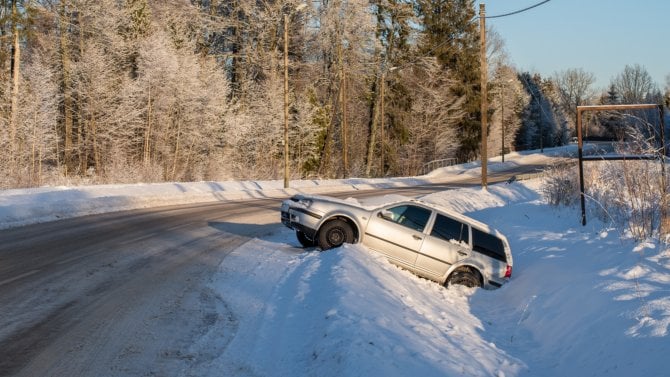...
Czech rightist and leftist parties failed to bridge their disputes over policy issues on Tuesday in talks to form a government and break a stalemate six months after an inconclusive general election.
Parliament has been deadlocked with centre-right and leftist parties, each holding 100 seats in the 200-seat lower house, after a June general election.
Rightist Prime Minister Mirek Topolanek is leading talks to form a broad coalition government with Social Democrats on the left, centrist Christian Democrats and his own Civic Democrats.
He has set a Dec. 15 deadline to propose a new government.
"The Social Democrats are rejecting some basic reforms, and so far there isn't an agreement," Topolanek told reporters. He said would stick to the deadline so that a government might be named next week.
Czechs are increasingly upset over the crisis, blaming politicians from all parties for failing to put aside their differences to create a government that will deal with important reforms such as pensions and healthcare.
However, the economy has continued to roll along with strong growth in gross domestic product, easing unemployment and inflation below the central bank's target range.
The defection of two members of parliament belonging to the Social Democrats is another reason why they are pushing the leftist party to try and strike a deal. The MP's are sitting as independents.
"We are prepared to find such a compromise that would narrow the gap between the highest and lowest tax rates, but I cannot accept that it can be a flat tax," Social Democrat leader Jiri Paroubek said.
Analysts said that despite the gap in policy ideology, the two sides will fight hard for an agreement since both fear the uncertainty of a third and final attempt to form a government.
Topolanek has twice been appointed by President Vaclav Klaus to form a government. If he fails in his current attempt, the house speaker then names a candidate to form a government.
A Social Democrat is currently the house speaker, but he has already pledged to step down before making a nomination.
Electing a new house speaker could drag the crisis out for several weeks or months, and even then with such a divided lower house, it would be difficult for any party to be able to form a majority government.
If three attempts fail, the president can then call early elections. The Social Democrats and Christian Democrats would both like to avoid an early election as their parties have been sagging in opinion polls. (Additional reporting by Petra Vodstrcilova)
[PRAGUE/Reuters/Finance.cz]




 Test Volkswagen Caravelle Long 2.0 TDI 4Motion: Mikrobus do nepohody
Test Volkswagen Caravelle Long 2.0 TDI 4Motion: Mikrobus do nepohody
 Malý náklaďáček mnoha jmen: Škoda/Aero/Praga (A) 150 byla nedoceněným československým dříčem
Malý náklaďáček mnoha jmen: Škoda/Aero/Praga (A) 150 byla nedoceněným československým dříčem
 Řidička uvízla na železničním přejezdu, rychlík ji minul jen o kousek
Řidička uvízla na železničním přejezdu, rychlík ji minul jen o kousek
 Brzdná dráha delší až o deset metrů. Hlavně levné pneumatiky z východní Asie jsou pro řidiče rizikové
Brzdná dráha delší až o deset metrů. Hlavně levné pneumatiky z východní Asie jsou pro řidiče rizikové
 Test Renault Symbioz: S novým hybridem jezdí svižně a se spotřebou legendárního té-dé-íčka
Test Renault Symbioz: S novým hybridem jezdí svižně a se spotřebou legendárního té-dé-íčka
